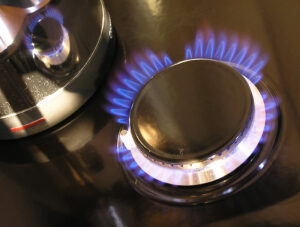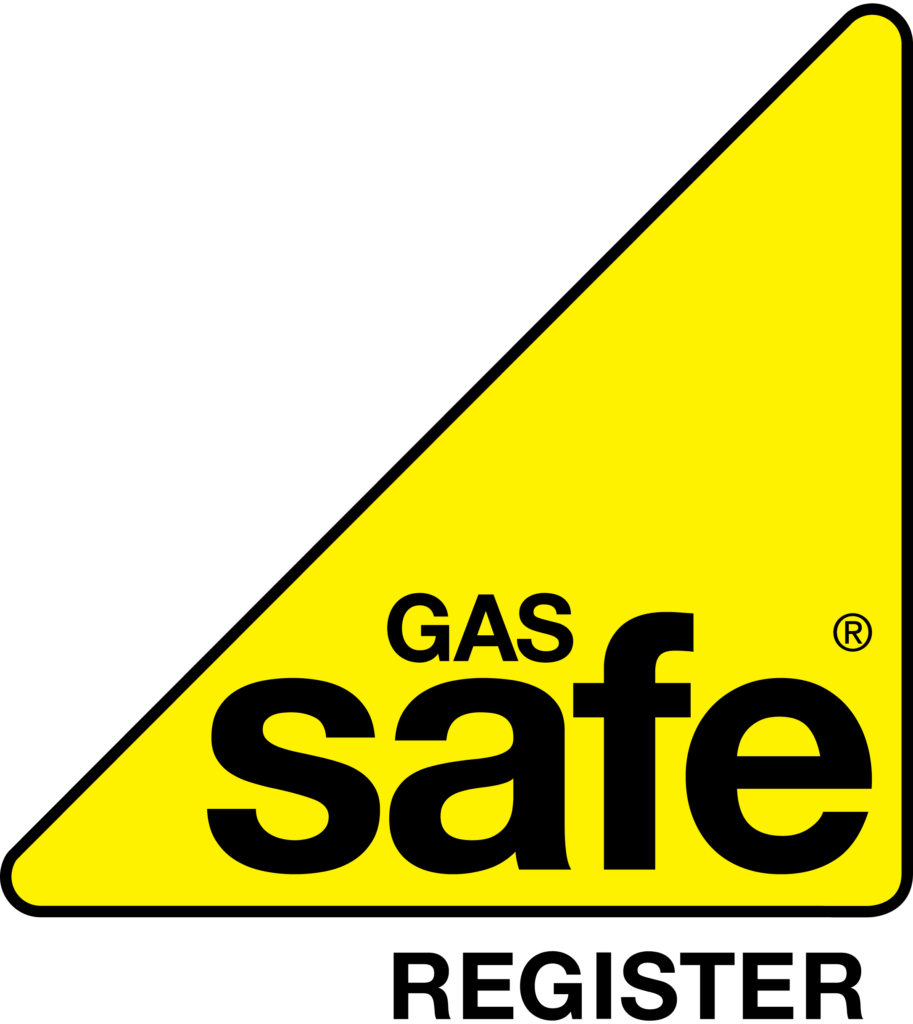Commercial and residential, both kinds of buildings can become prone to danger and threat. These perils can be in the form of damage to electrical appliances, gas leakages, noisy location, uncheck of health-related factors, and much more.
Below is a detailed checklist shared to follow for inspecting a building safely. Landlord safety requirements are discussed thoroughly to cover loopholes for risk and the menace of any kind.
1- Physical Hazards and Safety
Both commercial and residential buildings can face physical hazards which can occur in the form of noisy and crowded areas and insufficient energy supply. It can happen if unresistant weather material is used in the construction of the building.
For example; walls and doors become overly heated during summer and develop humidity in the rainy season. The landlord can ensure the safety of the building by hiring an inspector to check to repair broken electrical wires, weather-resistant material, soundproof strategies to avoid noise and cope with radiation and leakages.

2- Biological Hazards And Safety
The presence of some organisms within and alongside a commercial and residential building can generate biological hazards. These perils can occur because of unhygienic environments, the presence of dumps outside the building, and stagnation of water in the streets.
Such factors can generate viruses, bacteria, and parasites in your location. The landlord can ask a local health regulatory authority officer to take safety measures and prevent the generation of natural perils around the building.
3- Chemical Hazards And Safety
Commercial, as well as residential buildings, can face chemical threats because of the supply of gas pipelines and the presence of other lubricant and combustible materials. Hence, the landlord can prevent the incident of gas leakages and combustion by regular checking of pipes and sensitive areas.

Workplace/Building Inspection Checklist by Dalhouse University – View Complete Checklist
4- Ergonomic Hazards And Safety
This kind of hazard is attached to the working conditions of employees in a commercial building. In other words, ergonomic hazards mean perils emerg out due to physiological and psychological demands from employees.
The repetition of hard work, inadequate working postures, are some of the examples which can cause ergonomic hazards. Careful working policies for employees can mitigate this problem.
5- Uncheck Threats
There occur various uncheck threats in commercial and residential buildings. For example; unguard machines at construction sites, storage of materials under overhead power lines, presence of water near electrical wires, uncheck the supply of voltages to cables are a few unchecked threats at working sites.
In residential areas, the presence of broken wires, exposure of electrical cables to heatwaves, unresistant material in the construction of houses are few unchecked safety measures. It is mandatory to overcome these loopholes to prevent damage or loss.
6- Psychological Hazards And Safety
Commercial and residential building location and working environment can generate psychological problems among visitors, customers, and residents.
For example; if your office location is near the manufacturing industry, then the noise of machinery can increase the frustration level among employees and will also affect their productivity. Therefore, a landlord needs to develop a quiet working environment to remove this hazard for workers.
Frequently Asked Questions
[su_accordion][su_spoiler title=”
What is a safety inspection checklist and who uses them?
” open=”yes” style=”default” icon=”plus” anchor=”” anchor_in_url=”no” class=””]The safety inspection checklists are used by safety inspectors who ensure examine the buildings to ensure that all safety guidelines are being followed for a hazard-free indoor environment without any dangers.[/su_spoiler]
[su_accordion][su_spoiler title=”
What type of hazards are normally listed on a building inspection checklist?
” open=”yes” style=”default” icon=”plus” anchor=”” anchor_in_url=”no” class=””]
The following types of hazards are mostly listed on the safety officer’s checklist:
- Physical Hazards and Safety
- Biological Hazards And Safety
- Chemical Hazards And Safety
- Ergonomic Hazards And Safety
- Unchecked Threats
- Psychological Hazards And Safety
[/su_spoiler]
[su_accordion][su_spoiler title=”
What is the HSE checklist?
” open=”yes” style=”default” icon=”plus” anchor=”” anchor_in_url=”no” class=””]
HSE stands for Health and Safety Examination or Inspection that is normally done by safety inspectors who examine all the hazards in a building.
[/su_spoiler]






